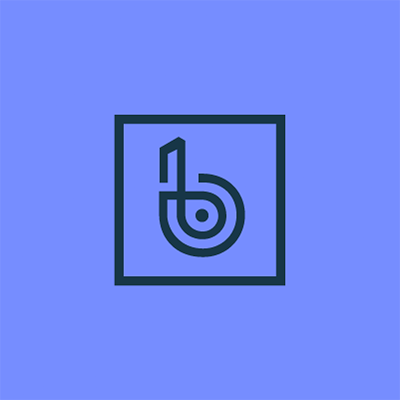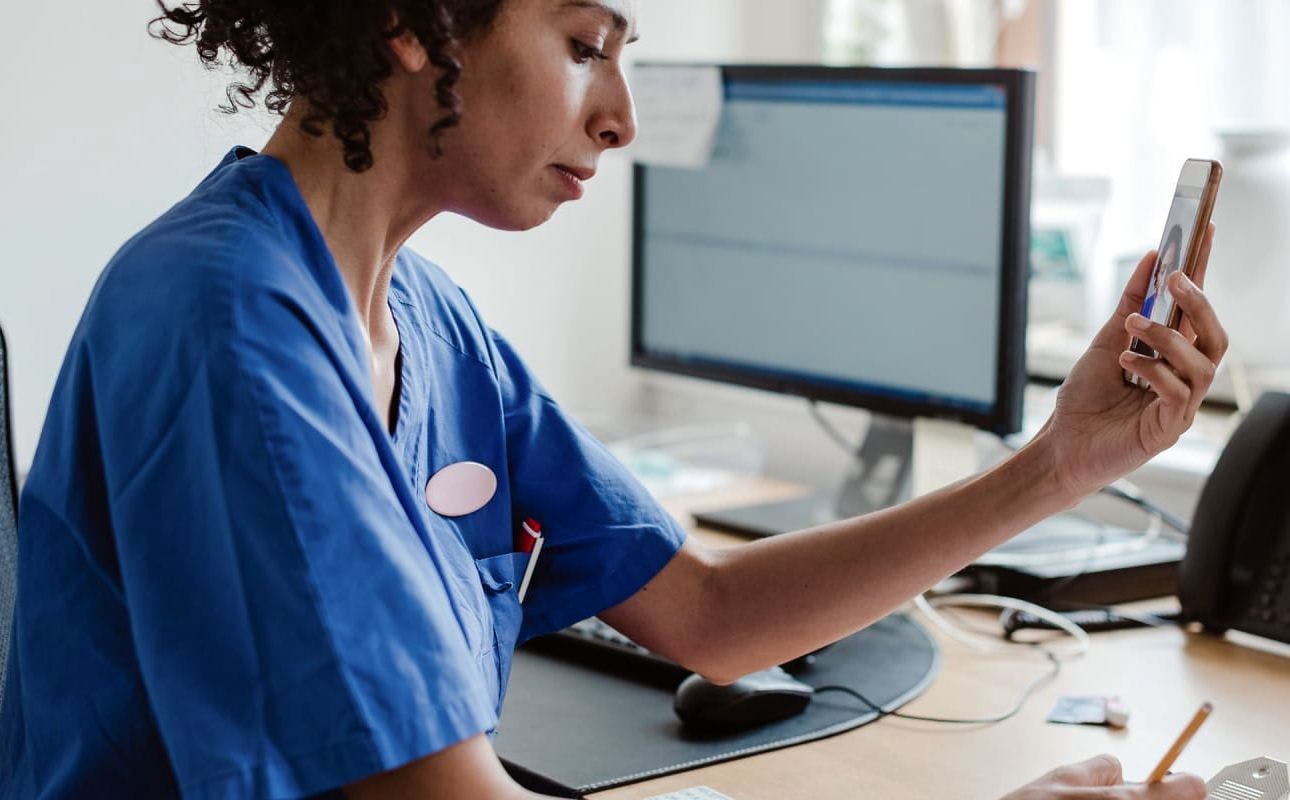423 reads
Domixity Reaches 99.99% Stability on Android App with Bugsnag
by
August 15th, 2022
Audio Presented by

The leading application stability management solution trusted by over 6,000 engineering teams worldwide.
About Author
The leading application stability management solution trusted by over 6,000 engineering teams worldwide.
